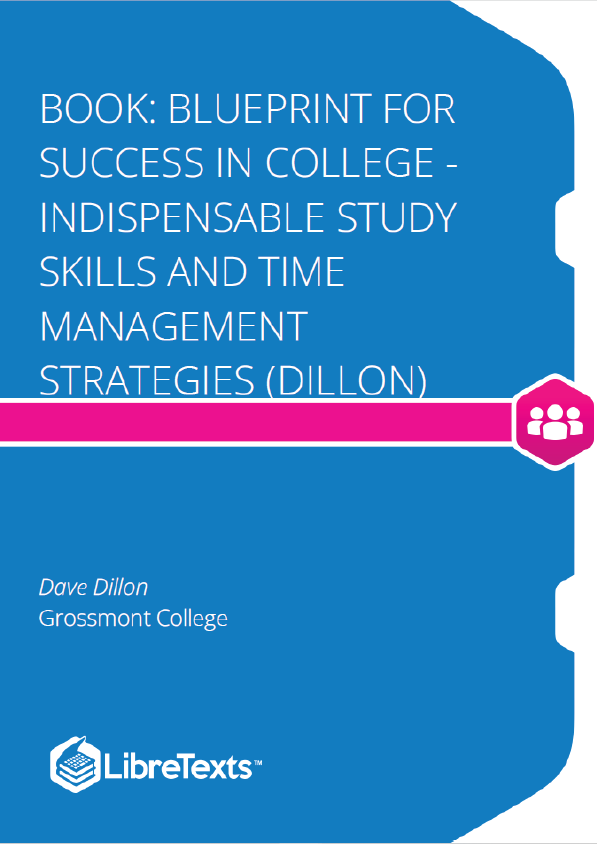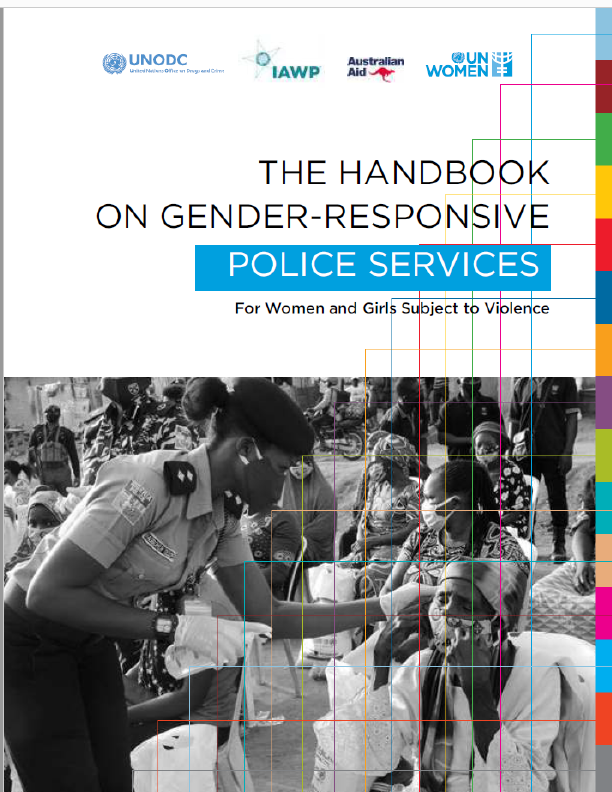Intrinsic vs. Extrinsic Passion
Sometimes we are motivated by a specific desired outcome of performing a task. Some people play a game because they want to win. In education, some students work hard because they want to receive a good grade or transfer to a prestigious university. Parents of younger children may give a monetary reward for each A the student earns. This is extrinsic motivation. Interest, desire to learn, and enjoyment of a subject are characteristics of intrinsic motivation, or what we call passion. Passion for your education must come from within. If your educational goals (passing a college course, acquiring new skills or attaining a degree) are important enough to you, your motivation can become intrinsic, allowing you to find passion, which will help you reach your goals. Without passion, you may find yourself struggling, withdrawing from courses, earning poor grades, or dropping out. External rewards of ascending to a certain academic level or acquiring wealth, lose some of their appeal if students do not find the work to get there personally rewarding. These students, who truly embrace their work, are intrinsically motivated – passionate while those who are focused mainly on rewards for high achievement and punishment for poor performance are extrinsically motivated. Trophies, medals, money, new clothes or a new car are examples of extrinsic motivators. One could argue, “the end justifies the means”—that it doesn’t matter if a students’ passion comes internally or externally, as long as they accomplish their goals. However, when the reward is learning itself, the student is on road to long-term success!
The Choice Is Yours
I believe one of the best decisions you can make is to attend college if you are passionate about it and it is the right time for you. On the other hand it is better to postpone attending college if you are not passionate about it or feel the time is not right. Please do not misunderstand – I am not discouraging anyone from going to college nor am I encouraging anyone to drop out of college. And I do not expect you to be passionate about every aspect of college. There were some classes and some requirements that I disliked during my own college experience. My concern, however, is students who start college and are not passionate about it. After a few years and a poor transcript, they meet with a counselor saying they weren’t in college for the right reasons, weren’t serious about their education, didn’t know what they were doing, or… “my parents made me go.” There are some suggestions in this book that can assist a passionate student to succeed. But all of the suggestions in the world will not help a student lacking passion. In the end, I want you to be successful and I want you to enjoy college, but I believe these are nearly impossible without passion.











